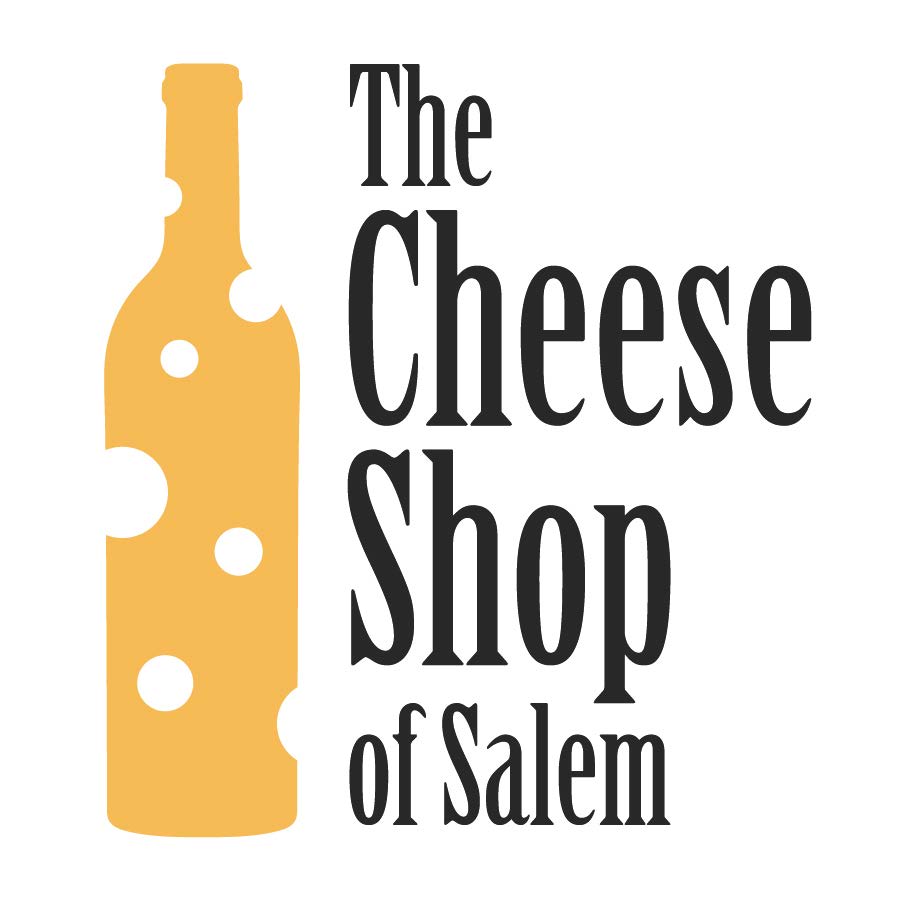Meinklang and the Fall Equinox
The sky above Meinklang.
Happy Fall Equinox week! To celebrate the fall equinox, we thought it appropriate to describe biodynamic farming in greater detail and highlight one of our favorite biodynamic farms, Meinklang. On both the fall and spring equinoxes, the sun shines directly on the equator, which causes the amount of sunlight and darkness throughout the day to be nearly equal. The fall and spring equinoxes have always been particularly important to farmers and winemakers. The fall equinox is a signifier of shorter days, cooler temperatures, and harvest, while the spring equinox is the start of fresh buddings, new life, and the time to start preparations for planting.
Biodynamic farming, ultimately, is thoughtful farming, and is rooted in the anthroposophical teachings of Rudolf Steiner. Steiner taught a series of famous lectures on the subject in 1924 in south-western Poland; over the course of his lifetime he gave over 6000 lectures! Steiner taught that in order for plants and food to thrive in the natural world, spirituality and nature must become one entity, an approach termed monism. He believed that the introduction of chemical farming was a major problem to society and was thoroughly convinced that the quality of food was being compromised by artificial fertilizers and pesticides.
When it comes to wine and biodynamics, it’s important to know that biodynamic wine is always organic, but not all organic wine is biodynamic. A biodynamic vineyard works the same as an organic farm and uses no pesticides, but there are various agricultural methods unique to biodynamic farming including farming according to the lunar calendar and compost and soil preparations.
Biodynamic farming has always been the foundation of Meinklang. Run by Anneliese and Werner Michlits, the Meinklang farm is located in the town of Pamhagen on the border of Austria and Hungary. Meinklang translates to ‘my sound,’ which represents the Michlits’s philosophy of their land being in harmony with nature as they harvest and raise animals within the regions of Burgenland (Austria) and Somló (Hungary). Today Meinklang farms over 2000 hectares of land and is managed by the entire Michlits clan including three sons, Werner, Hannes, and Lukas. They use compost as fertilizer for the whole farm from their own cattle, Mangalitsa pigs, chickens, and sheep.
Their wines, each with a cut out of a cow on the label, are known for their vibrancy and complexity of aromas. This is partially because of the wild landscape where the Michlits let their grapes grow freely. A great example of the ingenuity of these biodynamic winemakers is their 2019 Meinklang Mulatschak Weisser. This still orange wine is a skin contact blend of Traminer, Grauburgunder, and Welschriesling and sings with complex aromas of peach and oregano.
2019 Meinklang Prosa Frizzante Rosé is a perfect sparkling rosé for the start of fall. This dry 100% Pinot Noir was hand harvested and fermented with indigenious yeasts, like all of Meinklang’s wines. This sparkling pét-nat boasts notes of ripe red cherry and raspberries.
2018 Meinklang Burgenland Red is a very classic Austrian red from the flagship grapes of Zweigelt, Blaufränkisch, and St. Laurent, which sees partial semi-carbonic maceration. You may choose to slightly chill this medium-bodied red or enjoy it at room temperature. Either way, the notes of plums, black currants, and blueberries explode from the glass.
Meinklang has exciting things on the horizon in 2021 - they are launching a festival centered around wine, food, and biodynamics! Here’s to hoping we can attend next year. And remember, all life, from nature to food to the land, all begin with the sun and the moon. Happy Equinox!
Shop our website and get Meinklang shipped right to your door! If you don’t see what you’re looking for, or would like curbside pickup or delivery, please call us at (978) 498-4820 or email wine@thecheeseshopofsalem.com. Cheers!






